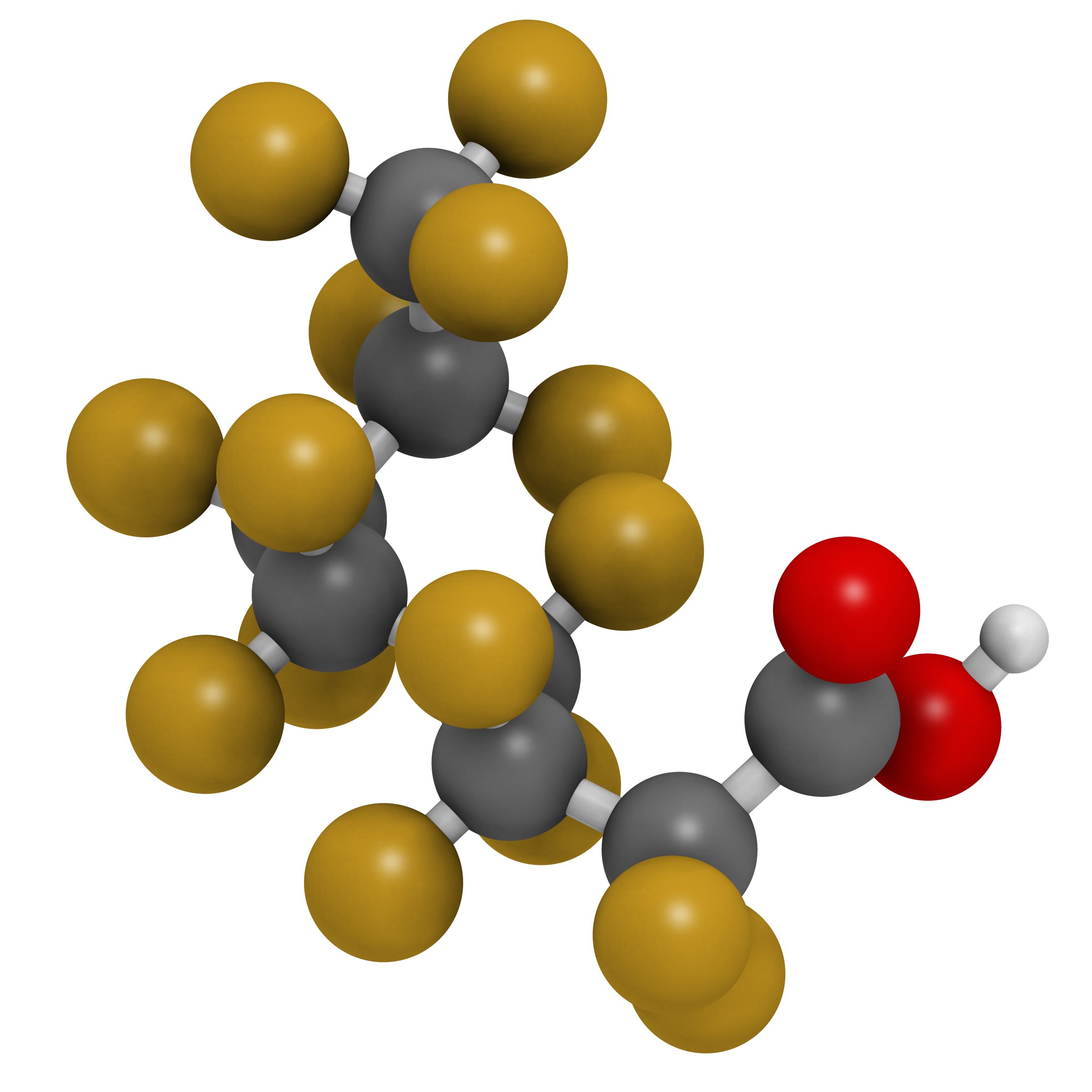
Concern over the toxic chemical commonly known as PFOA has spread to communities across the country where locals worry that water polluted with the chemical may be harming their health.
“Known scope of contamination has gone from a regional problem to a national public health crisis that continues to widen, with no apparent end in sight,” leaders of the Environmental Working Group, a nonprofit environmental research organization, wrote in a letter to the Environmental Protection Agency (EPA) earlier this week.
New Hampshire, Alabama, Vermont and New York are among the states where the issue has received attention in recent weeks.
Read More: I Was Poisoned by Toxic Water—Enough Is Enough
PFOA, short for perfluorooctanoate, has been used in consumer products since the 1940s often in non-stick cookware. But in recent decades research has been shown the chemical to contribute to cancer in lab animals, including tumors in the liver, testicles, mammary glands and pancreas, according to the American Cancer Society. Some research in humans has suggested a link, but the research is far from conclusive. The Environmental Protection Agency (EPA) says the chemical is only harmful at relatively high concentration levels and under the current regulatory scheme has little authority to regulate consumer chemicals.
The growing evidence has been enough to lead DuPont and 3M to stop using the chemicals, but many communities fear their water still suffers from lingering contamination, particularly near facilities where the product was once used.
In Vermont, for instance, residents are concerned about contamination from a plant owned by Saint-Gobain Performance Plastics in North Bennington that emitted PFOA for years before owners of the plant agreed to end the practice. A state investigation found contamination near all three sites as recently as last year, according to a Wall Street Journal report. The company says it is participating in the investigation.
EWG and other public interest groups have called on the EPA to step up efforts to address PFOA contamination. “The public health crisis generated from years of PFOA contamination is grave indeed,” EWG leaders said in a letter to the EPA. “Time is therefore of the essence and comprehensive agency action is paramount.”
More Must-Reads from TIME
- How Donald Trump Won
- The Best Inventions of 2024
- Why Sleep Is the Key to Living Longer
- How to Break 8 Toxic Communication Habits
- Nicola Coughlan Bet on Herself—And Won
- What It’s Like to Have Long COVID As a Kid
- 22 Essential Works of Indigenous Cinema
- Meet TIME's Newest Class of Next Generation Leaders
Write to Justin Worland at justin.worland@time.com